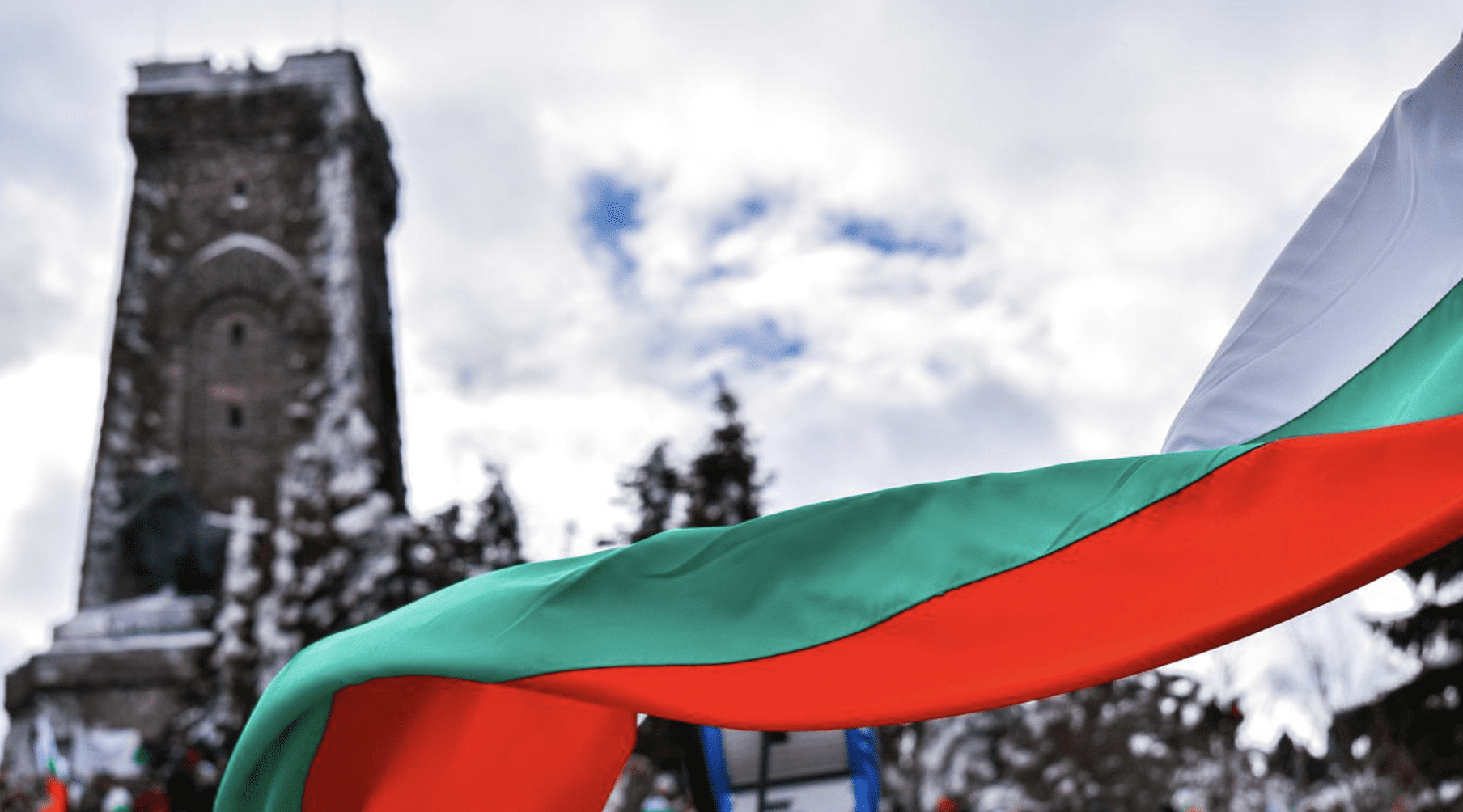
Bulgaria has been hit by a political crisis. According to Euractiv.com, this crisis has led to protests in the streets, in anticipation of a pending no-confidence vote in parliament:
The crisis was started by a populist party ITN [which] left the four-party coalition. Then former ruling party GERB cast a no-confidence vote against Prime Minister Kiril Petkov’s government, and the ITN initiated the removal of Parliament Speaker Nikola Minchev.
The Sofia Globe offers more details:
Following the spontaneous protest outside Parliament on June 16 after opposition parties grouped to vote out Nikola Minchev as Speaker of the National Assembly, there will be protests in support of the Petkov government on June 20, 21, and 22 … Debate on the vote of no confidence is to be held in Parliament on June 21, with voting no earlier than 24 hours after debate concludes.
According to protesters quoted by the Sofia Globe, the conflict is about a choice between “democracy or authoritarianism, freedom or obedience, courage or fear.”
In an analysis of the political situation, Politico.eu estimates that the Petkov administration “is likely to fall” when the no-confidence vote is held. They also report that Petkov had “vowed to clean up the country’s endemic corruption.” If so, Bulgaria would be heading for its fourth general election since April last year; this level of instability in government, Politico explains, could end the country’s aspirations to join the euro-zone in two years.
Prime Minister Petkov has accused Slavi Trifonov, leader of the ITN party, of being a “coalition partner” for the mafia. Trifonov, in turn, has called such allegations “absurd.”
